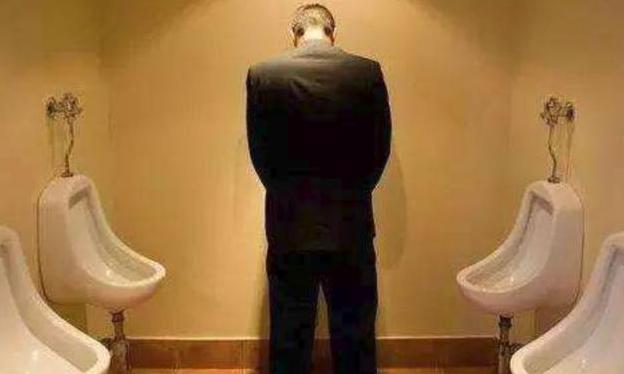How to Solve Painful Urination Caused by Chronic Cystitis?
Date:2022-10-31 click:0
Many people suffering from cystitis feel their lives are full of embarrassment. They will have the urge to urinate from time to time, seriously affecting their work and life. But they either don't take it seriously or feel embarrassed to go to the hospital. Although in clinical practice, cystitis is common, many men do not realize the danger of cystitis, thinking that cystitis is not severe. They do not care too much, which will only make the situation more complicated and not conducive to follow-up treatment.

The typical symptoms of chronic cystitis are prolonged urinary frequency, urgency, and painful urination. To solve this problem, patients need to receive medication or surgery under the advice of a doctor.
Chronic cystitis accounts for 50-70% of all cases with urinary tract infections. Chronic cystitis can be caused by a variety of factors, mainly divided into condition and disease factors.
Bacterial infection can cause chronic cystitis. The bacterium is primarily gram-negative bacilli, such as Escherichia coli. Because of the proximity of the urethral opening to the anus, Escherichia coli can easily infect the bladder retrogradely from the urethral opening. Secondly, disease factors can lead to chronic cystitis attacks.
Acute cystitis may develop into chronic cystitis if it is not treated. In addition, some patients' autoimmune systems and health conditions are poor, which can also lead to more favorable bacterial invasion into the organisms. This, in turn, can induce chronic cystitis. Finally, improper sexuality can increase The risk of contracting cystitis. When patients have sex frequently or poor hygiene, it is easy for them to get chronic cystitis.
Chronic cystitis treatment is mainly pharmacological and requires standardized medication to remove pathogenic factors and effectively control infection. If it is treated in a timely and standardized manner, recovery can be achieved in the short term. It may cause hydronephrosis, cystic fibrosis, and prostatitis if not treated promptly. If left untreated, subsequent complications may cause hydronephrosis, cystic fibrosis, and many other difficulties, seriously affecting patients' quality of life.
So, specifically, how do patients with chronic cystitis address the problem of painful urination?
First, the patients can go to the hospital for a urine, blood, and urinary ultrasound or pelvic CT. After confirming the infection, apply sensitive anti-inflammatory treatment under the doctor's guidance. The commonly used antibiotics are Penicillins, cephalosporins, and Macrolides.
Many patients worry that antibiotics may harm their health, so they stop taking them as soon as their symptoms are relieved. This doesn't seem right. Inadequate antibiotic dosing can easily lead to incomplete treatment of inflammation, which is the main reason cystitis tends to recur. Patients with combined symptoms of bladder irritation may be given additional medications to reduce bladder irritation signs.
Patients can use the traditional Chinese medicine Diuretic and Anti-inflammatory Pill for treatment in response to concerns about antibiotics. It can effectively relieve the pain and discomfort caused by inflammation and improve the symptoms of urinary urgency and pain. So patients can recover their health as soon as possible. It has been clinically proven effective in treating both men's and women's cystitis.
Second, if the condition is severe, the doctor may recommend using bladder enlargement. This surgical procedure reduces bladder pressure and increases bladder capacity, thus protecting upper urinary tract function. Intermittent catheterization and bladder emptying may be required after surgery. If surgery is used, it is essential to visit a regular hospital and receive standard treatment.
Personal care is also essential to relieving painful urination. The usual diet should include diuretic foods, such as watermelon and pineapple. These can help maintain diligent urination and flush the urethra, which helps to expel pathogens from the urethra. It is essential to strengthen nutrition absorption, enhance physical fitness and increase the body's resistance to the outside world.
Avoid eating spicy and other stimulating foods. Pay attention to personal hygiene and wash the perineum regularly to keep it dry and clean. Patients can also use a warm water bath to relieve the symptoms. Stay optimistic and avoid depression and excessive thinking.
You may also be interested in:



